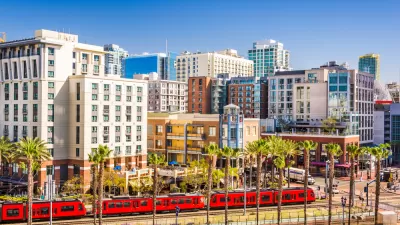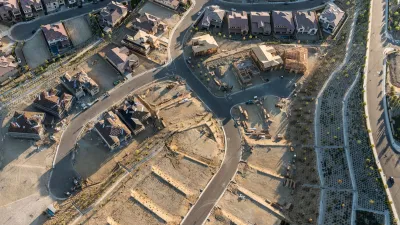These solutions offer cost-effective, sustainable methods to combat climate change, but require government action to reallocate subsidies, integrate natural assets into financial systems, and develop biodiversity credit markets.

Nature-based solutions (NbS) provide an affordable and effective way to combat climate change while fostering biodiversity and enhancing human well-being. These solutions, such as wildlife corridors, wetland restoration, and cover cropping, leverage natural systems to mitigate climate risks like flooding and erosion at a fraction of the cost of traditional infrastructure. Despite their proven benefits — highlighted by research showing that NbS outperformed engineering solutions in cost and effectiveness in over 65 percent of studies — global financing for NbS remains insufficient. Governments have the tools to bridge this gap by redirecting subsidies from harmful industries and incentivizing private investment to meet the growing demand for sustainable, nature-positive projects.
A significant barrier to advancing NbS is the exclusion of natural assets from conventional financial accounting. Current systems prioritize resource extraction over ecosystem preservation, discouraging investments in forests, wetlands, and watersheds. However, frameworks from organizations like the Natural Assets Initiative and the International Public Sector Accounting Standards Board offer pathways to value and account for natural resources. Recognizing these assets in national and corporate balance sheets could unlock substantial funding for NbS while fostering a paradigm shift toward sustainability-focused economies. Governments must adopt these frameworks to integrate NbS into financial systems, ensuring their scalability and impact.
Additionally, biodiversity credit markets can play a transformative role in funding NbS by rewarding efforts to restore ecosystems and conserve biodiversity. Building on lessons from carbon markets, biodiversity credits can incentivize responsible land management, nature-based infrastructure, and sustainable production. Initiatives like the Framework for High-Integrity Biodiversity Credit Markets provide the foundation for these systems, promoting transparency and accountability while addressing concerns like greenwashing. For NbS to reach their full potential, inclusive decision-making that values local and Indigenous knowledge is critical.
FULL STORY: Nature-based solutions are cheap and effective, and governments have the tools to make them a reality

Planetizen Federal Action Tracker
A weekly monitor of how Trump’s orders and actions are impacting planners and planning in America.

Maui's Vacation Rental Debate Turns Ugly
Verbal attacks, misinformation campaigns and fistfights plague a high-stakes debate to convert thousands of vacation rentals into long-term housing.

Restaurant Patios Were a Pandemic Win — Why Were They so Hard to Keep?
Social distancing requirements and changes in travel patterns prompted cities to pilot new uses for street and sidewalk space. Then it got complicated.

In California Battle of Housing vs. Environment, Housing Just Won
A new state law significantly limits the power of CEQA, an environmental review law that served as a powerful tool for blocking new development.

Boulder Eliminates Parking Minimums Citywide
Officials estimate the cost of building a single underground parking space at up to $100,000.

Orange County, Florida Adopts Largest US “Sprawl Repair” Code
The ‘Orange Code’ seeks to rectify decades of sprawl-inducing, car-oriented development.
Urban Design for Planners 1: Software Tools
This six-course series explores essential urban design concepts using open source software and equips planners with the tools they need to participate fully in the urban design process.
Planning for Universal Design
Learn the tools for implementing Universal Design in planning regulations.
Heyer Gruel & Associates PA
JM Goldson LLC
Custer County Colorado
City of Camden Redevelopment Agency
City of Astoria
Transportation Research & Education Center (TREC) at Portland State University
Jefferson Parish Government
Camden Redevelopment Agency
City of Claremont





























